Interior Design Alliance
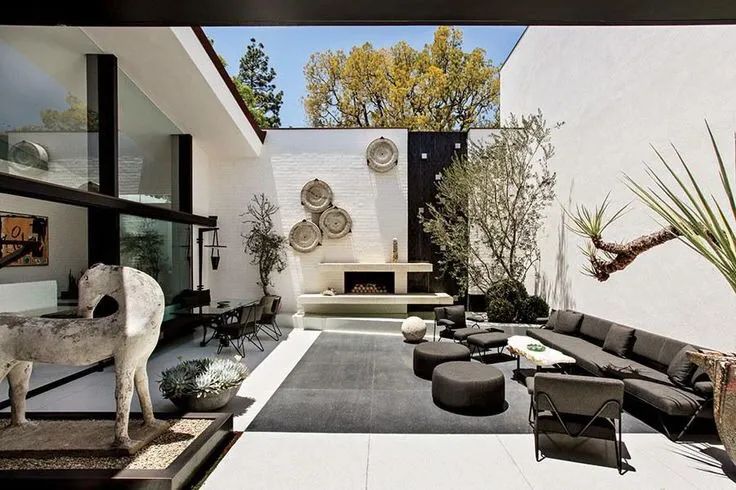
There is a kind of courtyard, it cleverly uses the space height difference to separate space, than the traditional courtyard beauty more “contained but not exposed”. And it is more cost-effective, this is the sunken patio. It is being more and more sought after by young people.
However, there are many friends who worry that the sunken courtyard is originally low ground. If there is a problem with the waterproofing system due to heavy rain, the consequences are unimaginable. If the situation is not serious, there will be water seepage, backflow phenomenon, thus causing property damage. If the situation is serious, it can lead to electric shock accidents.
Today we will talk about the “king of cost performance” sunken patio, in the end, is not worth buying. And the solution to the worrying problems of waterproofing, backflow prevention, mosquito prevention, etc.
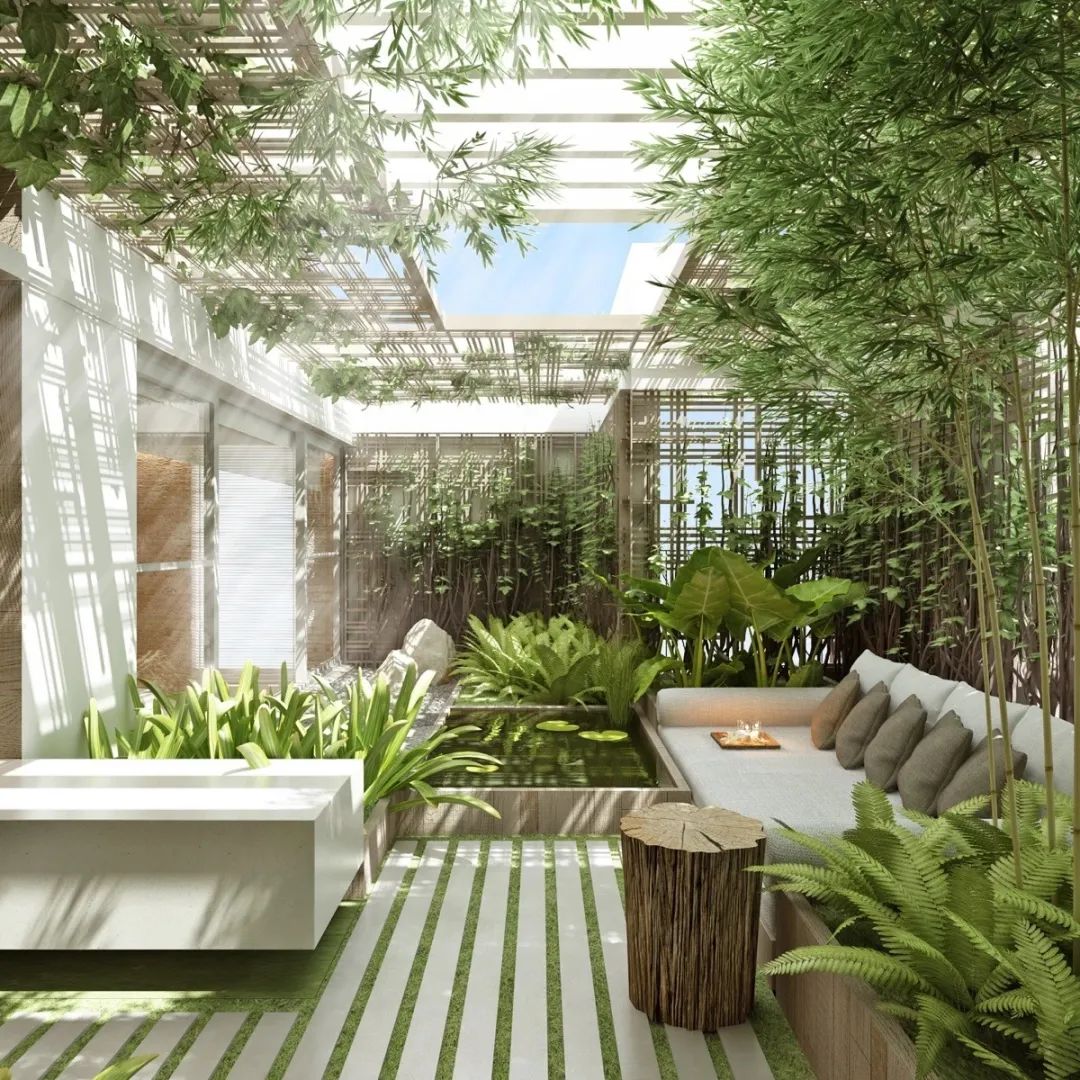
01.
What is a sunken patio
The so-called “sunken courtyard” is also called “Garden Level” (Garden Level). It refers to the use of space in the front and back of the height difference, through the artificial way to deal with the high level and landscape, the original dark, and humid underground space into a beautiful courtyard that can embrace the sun and fresh air. This design is now popular in many developers’ communities.
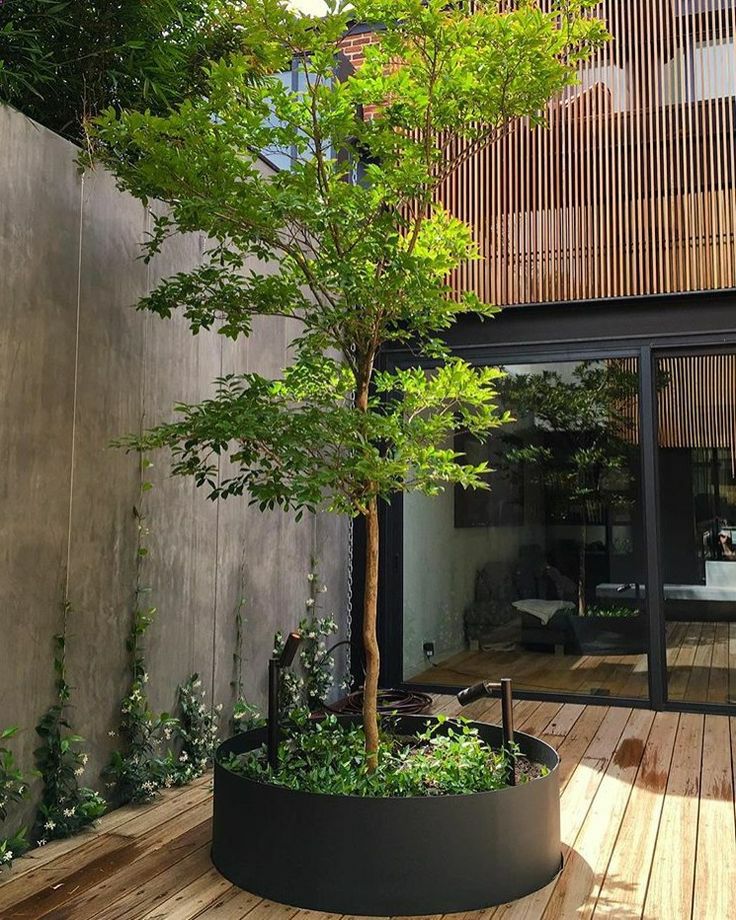
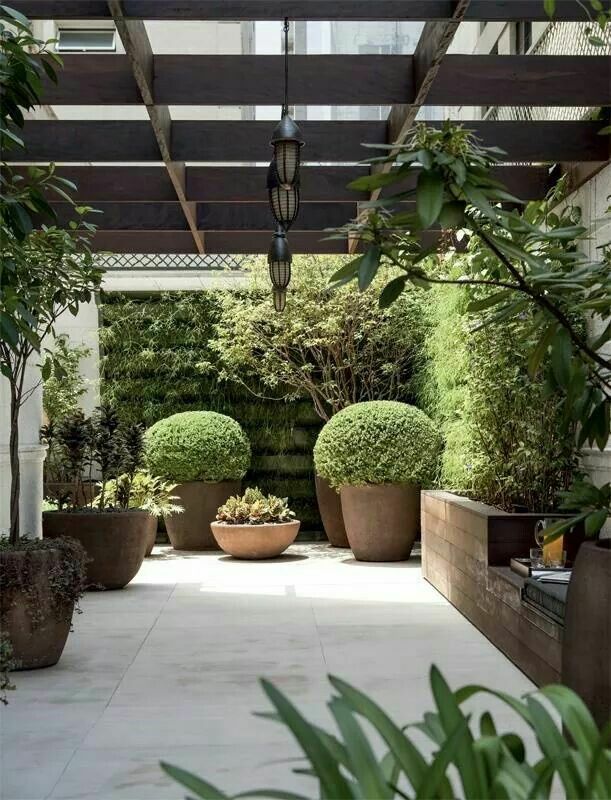
Differences from ordinary courtyards.
a. High-cost performance
It has the function and landscape of a courtyard. It is much more affordable than a garden house. And it is warm in winter, cool in summer and malleable. It can be transformed into a garden tea room, sunroom, pool, etc.
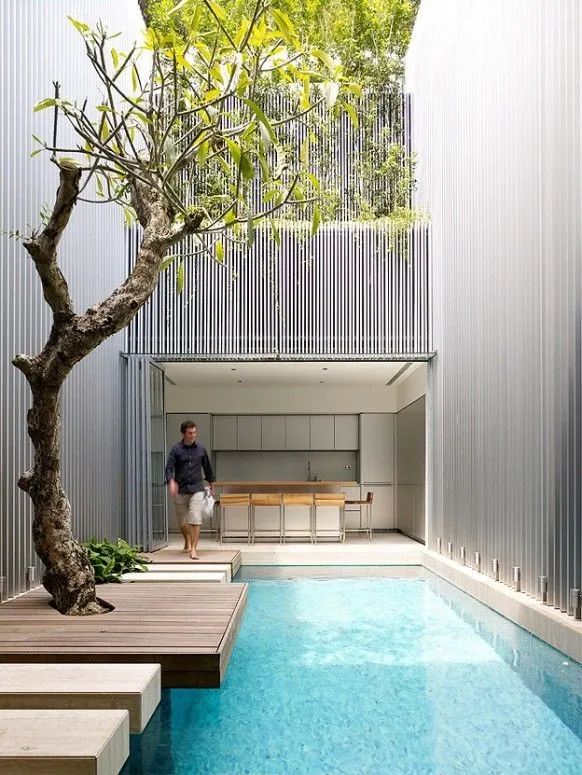
b.More privacy
Because there is a height difference with the road, it naturally forms a hidden space that contains but does not leak, avoiding being in full view of pedestrians, and the sound insulation is also better.
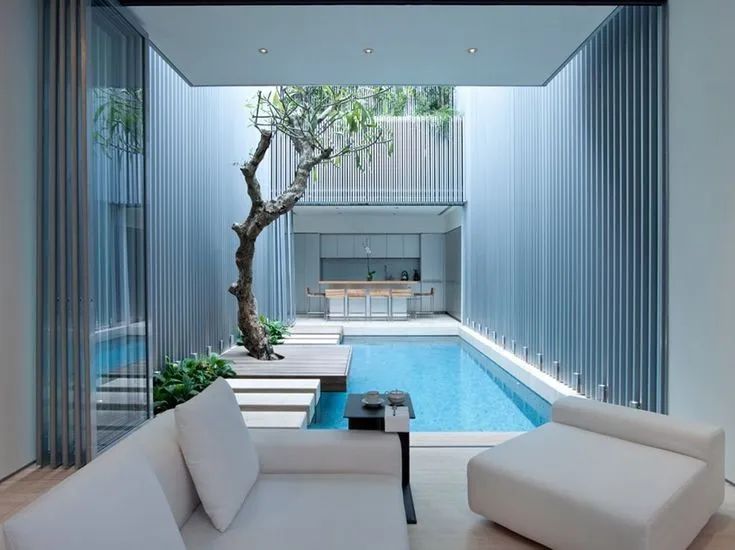
c.Rich space level
High and low stairs, walls, fences and greenery break the monotony of flat space and make it visually richer.
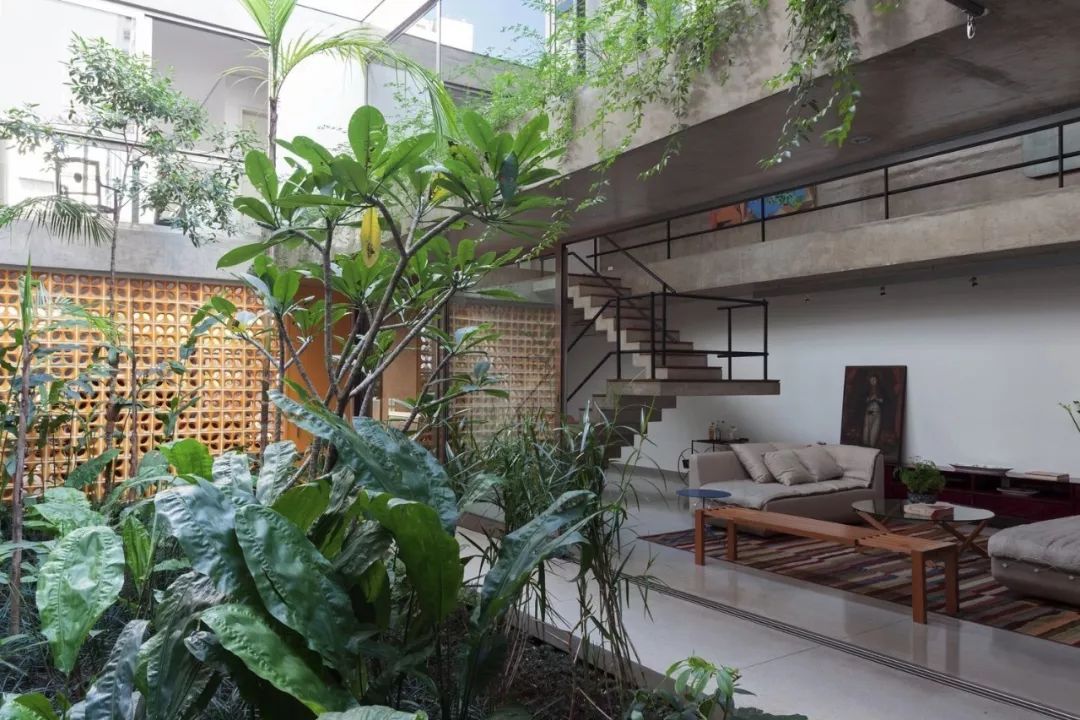
02.
How to waterproof and prevent backflow
Although the sunken courtyard is good, there is also a headache of waterproofing problem because of the height difference with the ground. Although the developer has done a good job in the design of the waterproofing system, but before the renovation must do a good waterproofing design to reduce the hidden danger of rainwater backflow.
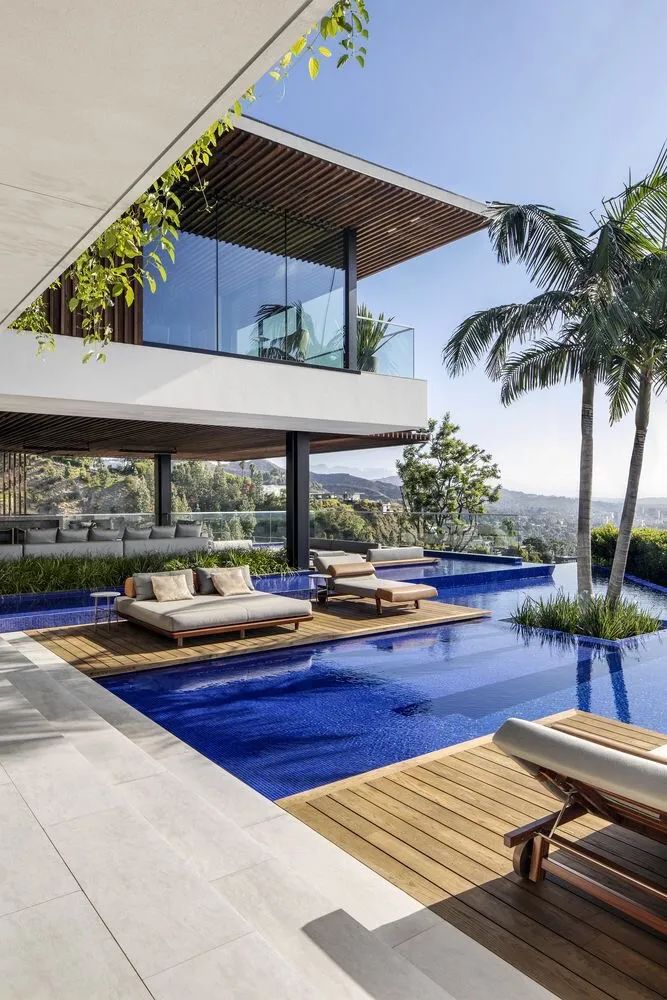
To waterproof, first drainage
Drainage is mainly divided into ground drainage and roof drainage.
Ground drainage.
– To consider the local climate conditions, rainfall and peak data.
– The main thing to consider is the discharge of rainwater when it rains, if there are other sources of standing water should also be considered.
– The drainage pipe size, catch basin size and submersible pump power are determined by the flow rate of rainwater.
Usually, the water from the courtyard is mainly discharged through drainage ditches and catchment pipes (around the fence as much as possible) in buildings with high terrain or courtyards surrounded by streams and rivers with low terrain. Sedimentation pits should also be designed around the corners to prevent leaves and mud from clogging the pipes. The pipes should be laid with a pre-determined drainage slope to ensure that rainwater flows quickly into the rainwater wells.
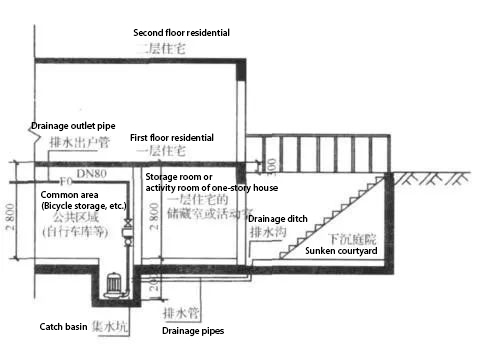
However, if the terrain of the sunken courtyard is lower than the municipal pipe network, a water collection pit needs to be set up in the courtyard. First, let the water flow into the catchment pit, and then discharge through the pump under pressure. The drainage effect of this type of courtyard is relatively poor compared to the former.
Of course, the impact of precipitation can also be regulated by adding seepage wells, seepage pipes, rainwater regulating ponds, intercepting ditches (one or more), laying sand and gravel (stabilizing the ground structure and using interstitial drainage), or directly designing water features.
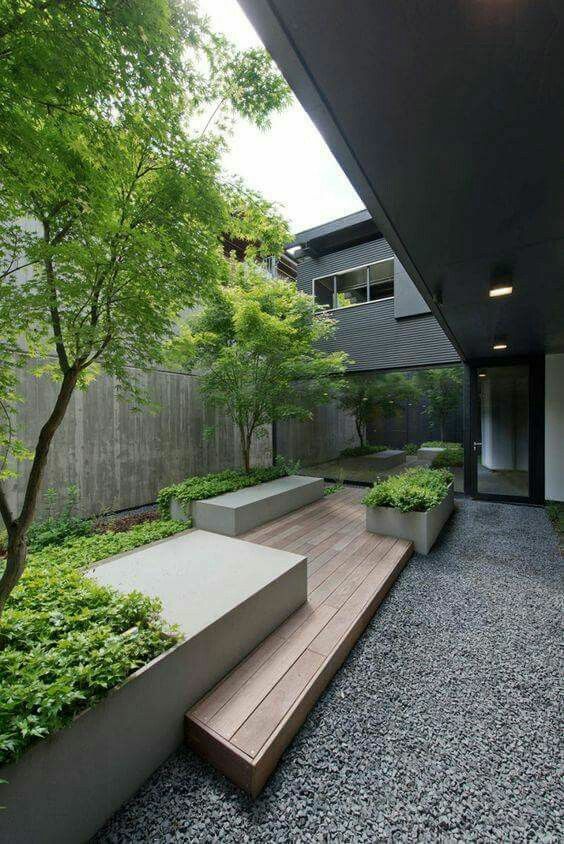
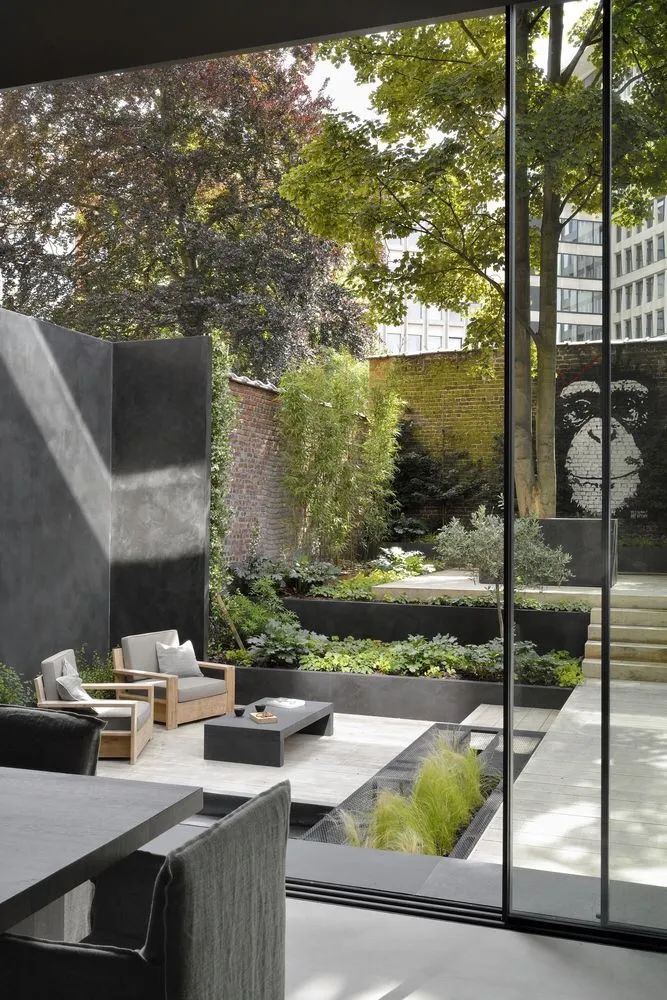
Top surface drainage: The easiest way is to make a sunroom. Use waterproof and heat-insulating transparent glass to do semi-closure or even full closure of the sunken courtyard. It is best to set up drainage measures to allow rainwater to drain outdoors and reduce the pressure of surface drainage.
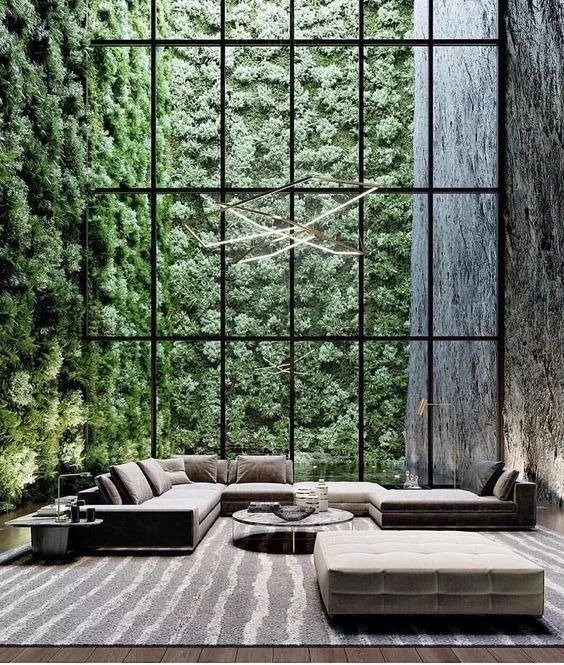
Waterproofing measures.
a. Ground waterproofing
Paint the ground with waterproofing or make a moisture-proof layer, such as moisture-proof membrane, moisture-proof layer and underground overhead. After that, make a layer of insulation. Choose a capacity of 20Kg B1 grade benzene board or extruded plastic board paste outside the waterproofing layer, followed by masonry protective layer, backfill soil.
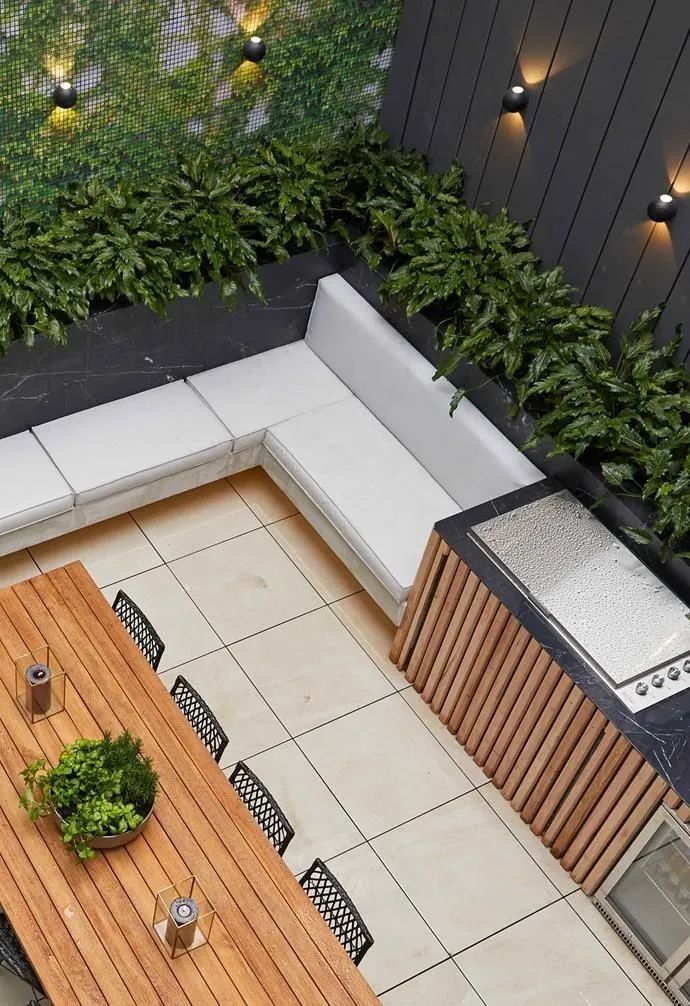
b.Wall waterproofing
A brick or cast-in-place retaining wall should be built around the courtyard to block the surrounding ground earth. The side of the retaining wall next to the earth should be fully waterproofed. A certain number of drainage holes should be left in the wall, and the inside of the wall should be painted with impermeable mortar to increase double insurance. This ensures the stability and waterproofing of the wall, while avoiding rainwater infiltration into the garden from the wall gaps.
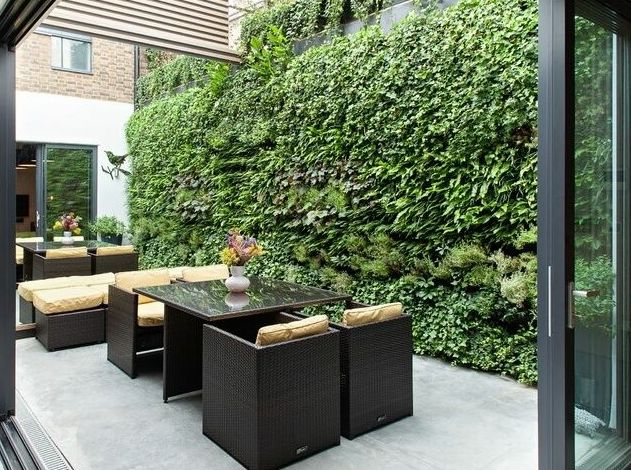
c. Installation of flooding sensors
When flooding occurs, alarm information will be pushed to the preset cell phone in time to facilitate timely processing to reduce losses.
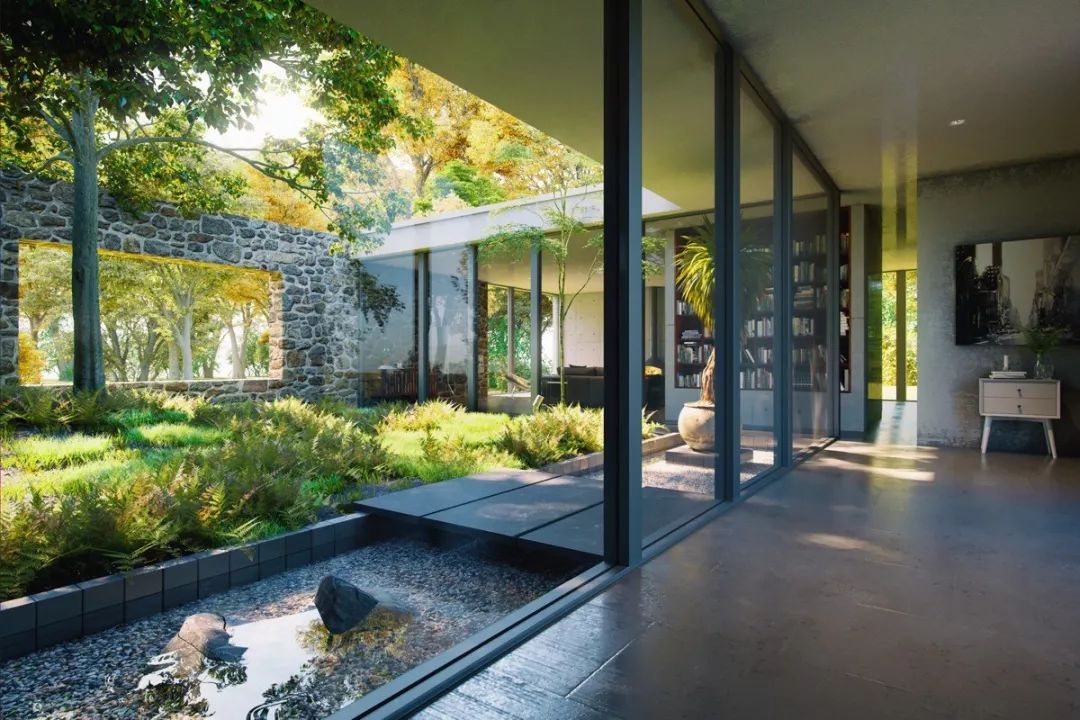
d.Choose the door with suitable material
The basement connected to the sunken garden should preferably choose stainless steel or tempered glass doors that are fireproof, waterproof and well sealed.
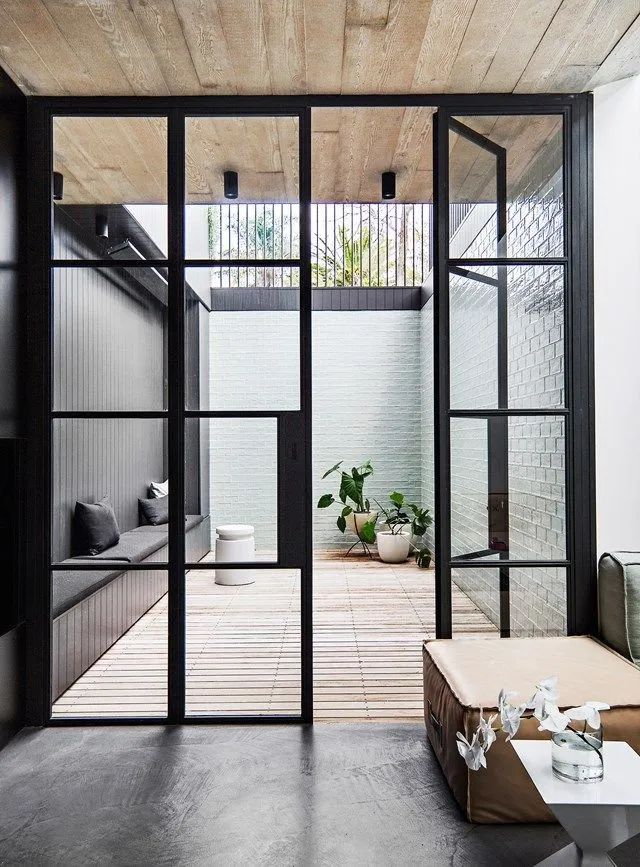
03.
How to prevent mosquitoes
In addition to the problem of waterproofing, many people are also worried about the problem of mosquito infestation. After all, it is an outdoor space, especially in summer. If not treated well, a cup of tea in the yard can be bugged all over.
a.Solar mosquito lamp
Automatic charging, automatic mosquito control, kill mosquitoes in the invisible.
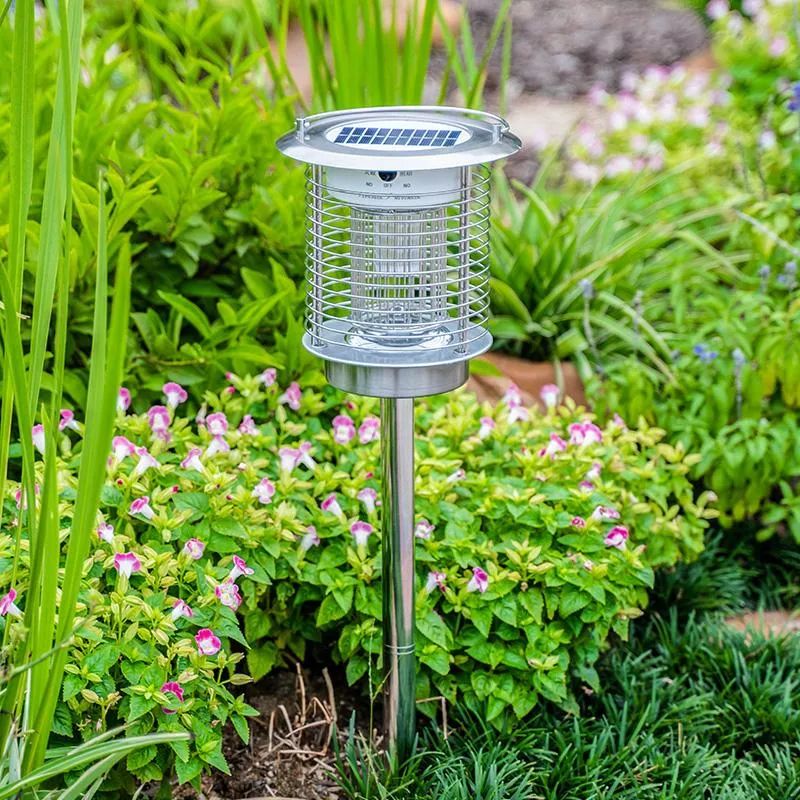
b.Active water features
Pay attention to the proportion of water features, the pool area will aggravate the moisture more mosquitoes. But “living water does not raise mosquitoes”, you can do a living water landscape, raising fish and so on to increase the courtyard life, but also can repel insects.
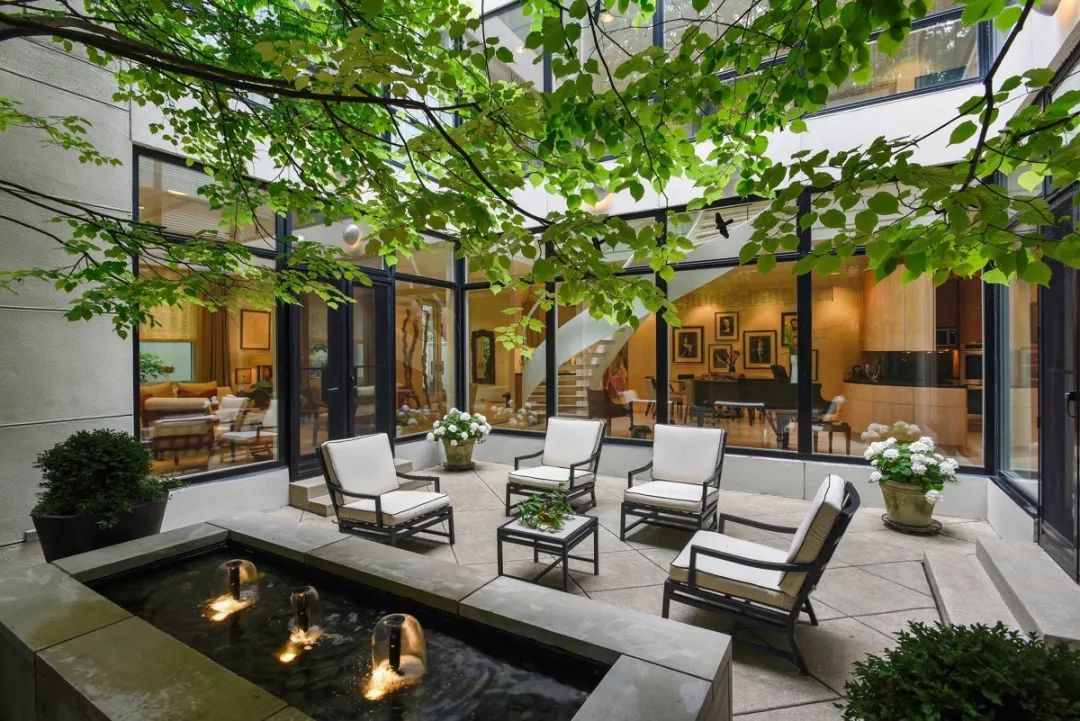
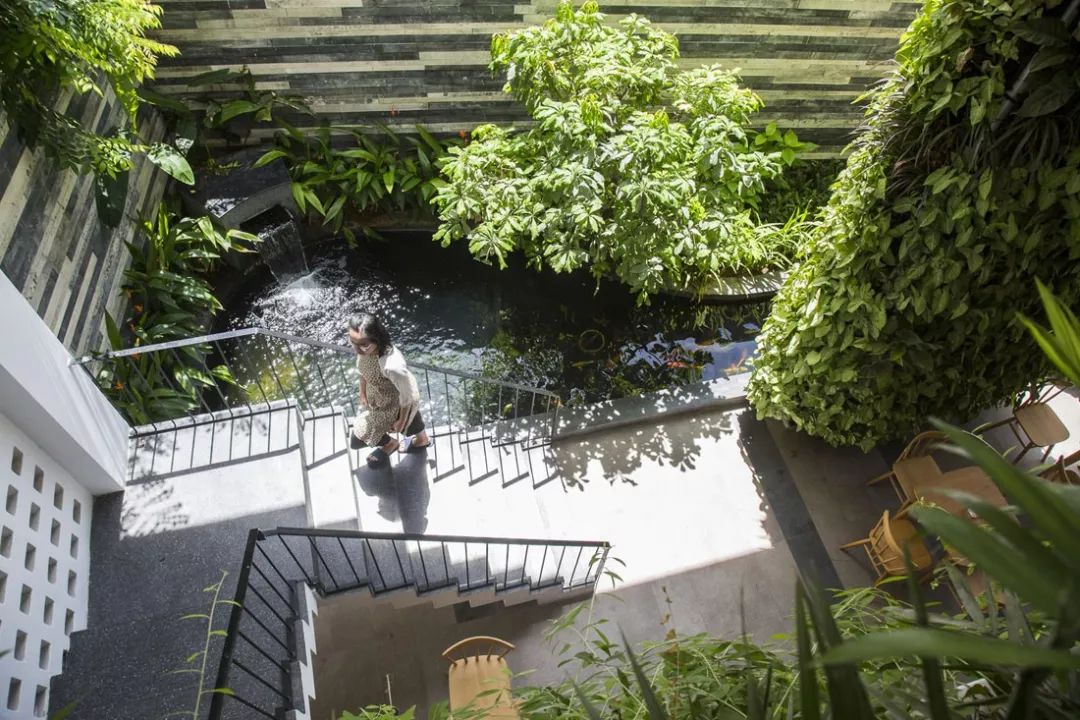
c. Mosquito repellent plants
Mint, lemongrass, lavender, rosemary, geranium, patchouli, night incense and other green plants have some insect repellent effect.
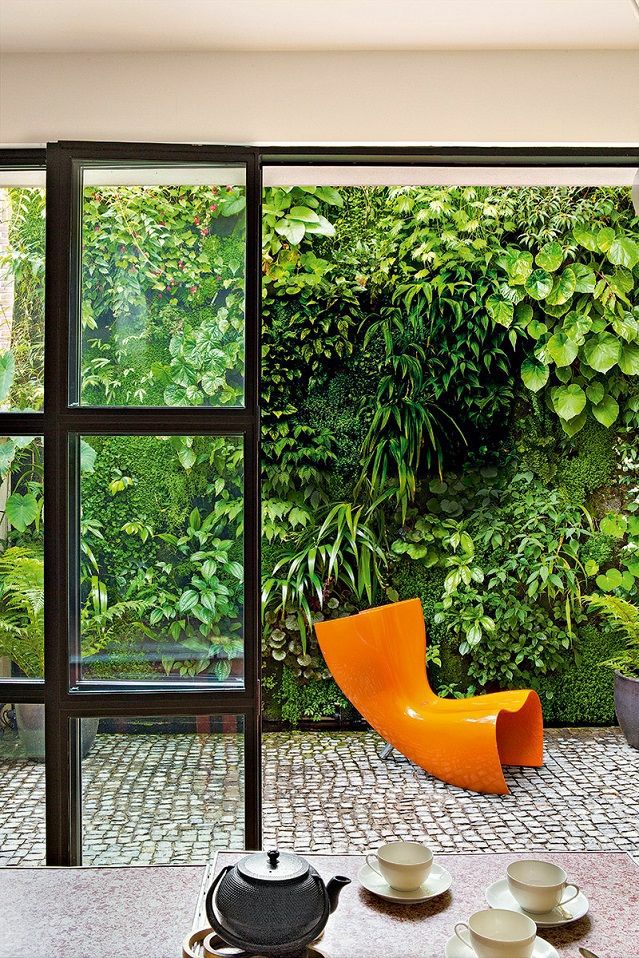
d. Timely pruning and cleaning
Timely pruning flowers and plants, clean up the ground water, to ensure ventilation, reduce the hiding place of mosquitoes.
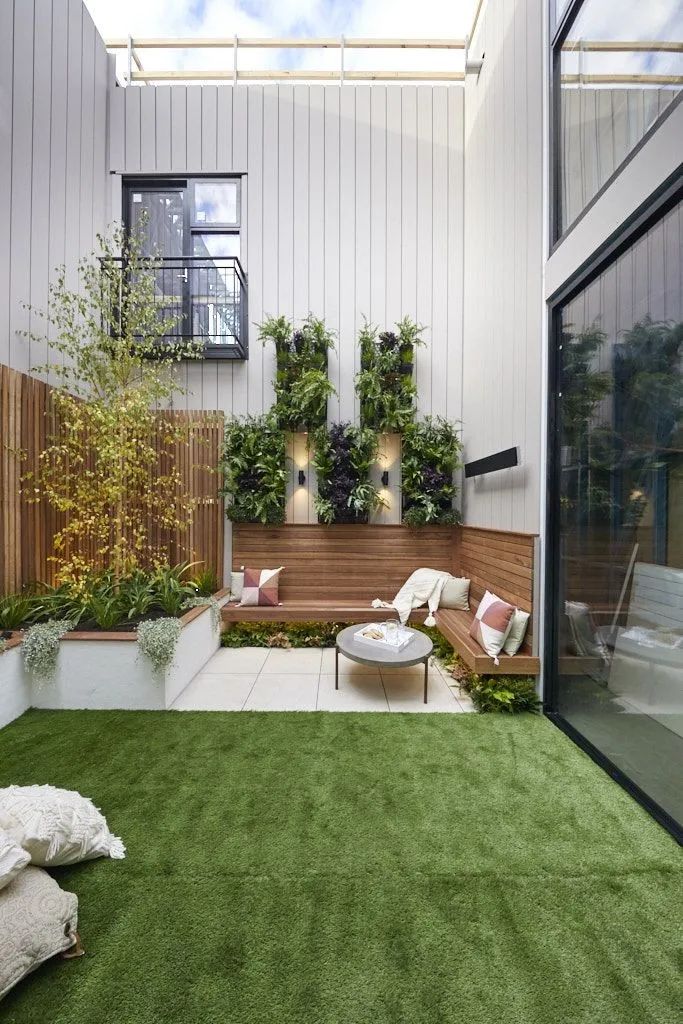
e. Greenery in front of the door and windows should be less
Mosquitoes will hide in the plant, take advantage of the open door and window to drill in, so as to control the number of greenery in front of the door and window.
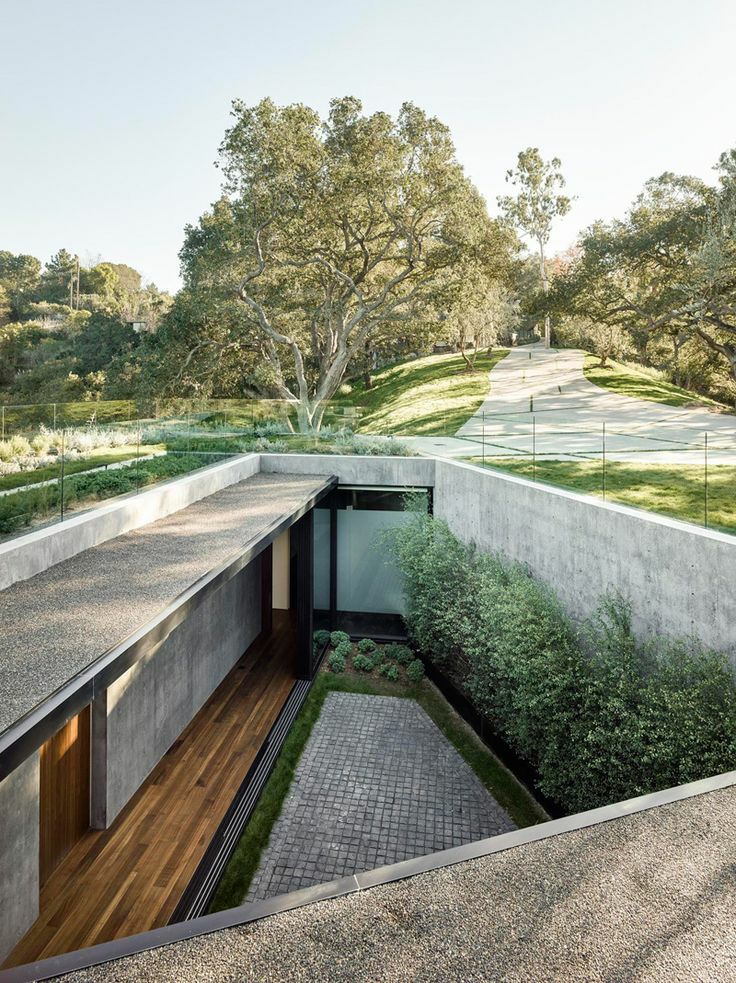
Want a courtyard, deserted for the rest of your life, is the life of many people’s dreams. Do the above, you can have a good-looking and practical sunken patio!
 WOWOW Faucets
WOWOW Faucets





您好!Please sign in